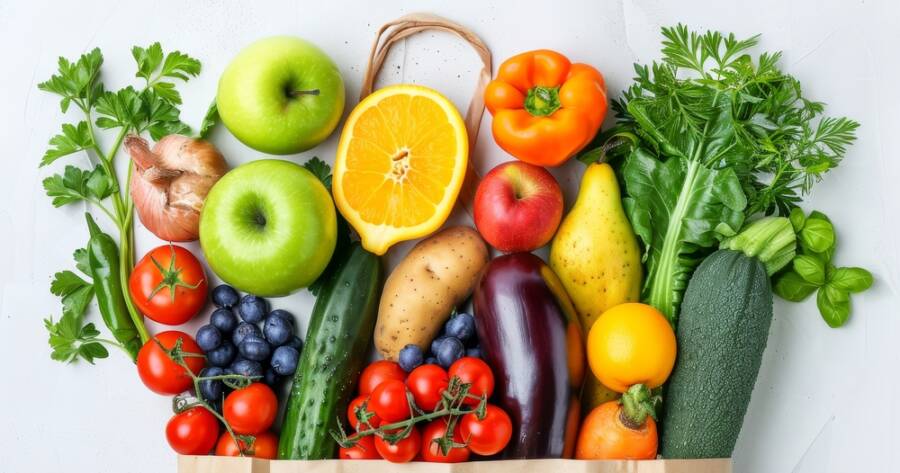You don’t have to give up all animal products to enjoy the benefits of a plant-rich diet. Adding more fruits, vegetables, legumes, and whole grains to your meals can improve digestion, boost energy, and support long-term health—all without the need for a full dietary overhaul. Small, intentional shifts toward plant-based eating allow you to nourish your body while keeping flexibility and balance at the center of your lifestyle.
Start With One Plant-Based Meal a Day
You don’t have to change your entire diet overnight to incorporate more plants. A simple way to ease in is by dedicating one meal per day—like breakfast or lunch—to be entirely plant-based. Smoothies, oatmeal, grain bowls, or veggie-packed salads are easy options to get started.
This small change helps you experiment with new flavors and ingredients without pressure. Over time, you may naturally find yourself adding more plant-based meals as you discover combinations you love.
Focus on Adding, Not Restricting
Instead of concentrating on cutting out animal products, shift your focus to adding nutrient-dense plant foods to your plate. Think colorful vegetables, hearty grains, beans, nuts, seeds, and fresh fruit. The more you crowd your meals with plant-based ingredients, the less room there is for processed or less nutritious options.
This positive approach makes the transition feel enjoyable rather than restrictive. You’ll feel fuller, more energized, and naturally begin to crave fresh, wholesome foods as part of your regular diet.
Embrace Meatless Mondays (or Any Day)
Designating one or two days a week as meatless is an easy way to explore plant-based meals without fully committing to veganism. Meatless Mondays, for example, encourage variety and creativity in the kitchen while reducing your overall meat intake.
Try experimenting with plant-based proteins like lentils, chickpeas, tofu, or tempeh on these days. Over time, you might find new favorites and realize that plant-based meals can be just as satisfying as their meat-based counterparts.
Swap Animal Products for Plant-Based Alternatives
Many everyday animal-based ingredients have plant-based substitutes that are easy to incorporate. Swap cow’s milk for almond, oat, or soy milk, use plant-based butter or spreads, and try dairy-free yogurts and cheeses.
While some swaps might require an adjustment period, others are barely noticeable once you get used to them. These small, manageable changes allow you to enjoy familiar meals with a plant-forward twist while keeping your overall diet balanced and enjoyable.
Experiment With Plant-Based Proteins
Protein doesn’t have to come exclusively from animal sources. Beans, lentils, quinoa, nuts, seeds, tofu, and tempeh are all excellent plant-based protein options that can easily be incorporated into any meal. They’re also rich in fiber, vitamins, and minerals.
Try replacing meat in familiar recipes with one of these proteins—like black bean tacos, lentil pasta sauces, or tofu stir-fries. Not only will you diversify your nutrient intake, but you’ll also discover new flavors and textures that keep meals exciting.
Plan Ahead for Plant-Based Success
Having a few plant-based staples ready to go makes it easier to choose healthier options throughout the week. Prepping items like roasted vegetables, cooked grains, beans, and chopped greens means you can assemble quick, nourishing meals with minimal effort.
Stock your pantry with plant-based essentials like canned beans, nuts, whole grains, and spices. The more convenient plant-based eating becomes, the more likely you’ll reach for these ingredients naturally—even if you’re not aiming to go fully vegan.
Finding Balance, Not Perfection
Eating more plants doesn’t require strict labels or rigid rules. Small, thoughtful changes—whether it’s one meatless meal a day or a handful of swaps—can make a meaningful impact on your health and well-being. The goal is balance, not perfection. By focusing on adding more plant-based foods at your own pace, you’ll create a sustainable, nourishing routine that feels good and fits your lifestyle.

